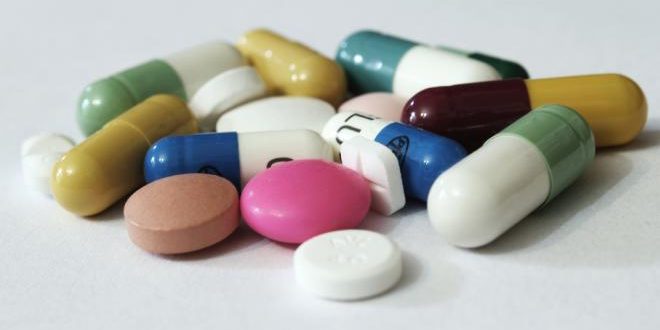An international study published in the journal Science seems to suggest, however, that there could be a solution in a form of vitamin B3, niamcimide riboside—a vitamin that’s already been proven to boost metabolism, to boot.
An international research team set out to look at exactly why increased age was related to the degeneration of bodily organs such as the liver and muscles like the heart. By studying elderly mice, the study authors were able to determine that healthy, functioning mitochondria—the cells’ energy centers—were related to the healthy functioning of stem cells, the cells that are critical for organ and muscle regeneration. What’s more, they found that supplementing the elderly mice with a dose of vitamin B3 helped support cells’ mitochondria, increasing energy production, helping stem cells function and ultimately in turn increasing muscle and organ regeneration.
This could potentially be a major breakthrough when it comes to regenerative medicine. Think about it: a dietary supplement (something that’s organically found in milk, BTW) that could help the body repair itself? Huge for small reasons like building muscle, but even bigger when it comes to the possible treatment of diseases like muscular dystrophy. However, as with any study, more research is needed to determine how to utilize the supplement with each of these pathologies. But it’s a great start—and a good reason to at least considering popping a multi-vitamin daily.
Agencies/Canadajournal
 Canada Journal – News of the World Articles and videos to bring you the biggest Canadian news stories from across the country every day
Canada Journal – News of the World Articles and videos to bring you the biggest Canadian news stories from across the country every day



